Grant essentials: direct and indirect costs
The Office of Management and Budget (OMB) provides principles for determining direct and indirect costs to sponsored grants and contracts.
These principles might change, so keeping up with the latest requirements is critical. Recently, the OMB published new regulations which allow costs that have typically been deemed as indirect, such as administrative salaries, as allowable as direct costs in certain situations.
When managing costs associated with sponsored programs, it’s key to be consistent. Consistent treatment of costs is a basic cost accounting principle and is specifically required by OMB to assure that the same types of costs are not charged to grants and contracts both as direct costs and indirect costs.
Tracking direct costs
It’s important to understand what criteria pertain to direct costs. Direct costs include costs that are specifically identified with a particular sponsored project and can be assigned to a project easily.
Here’s what should be treated as direct costs:
- Salaries of faculty, research associates, research assistants, research technicians, post-doc fellows, and graduate students
- Fringe benefits for those same positions
- Laboratory supplies
- Animal care
- Travel
- Similar non-personnel expenses
In the process of tracking direct costs, make sure you verify that only appropriate items are charged to the grant. Normally, a monthly reconciliation process is used to review and verify all expenditures charged to the grant in order to identify and correct inappropriate charges should they occur.
Tracking indirect costs
Indirect costs can’t be assignable to a single sponsored project but have a common or joint purpose and benefit multiple projects.
Here’s what to treat as indirect costs:
- Facility electricity costs
- Heating bills
- Water bills
- Maintenance costs
- Departmental/central administration, including salaries
For more information, federal grant-making agencies ask organizations to become familiar with the Uniform Administrative Requirements, Cost Principles, and Audit Requirements for Federal Awards. An effective research office applies the time and needed resources to understand current policies and ongoing changes set by federal grant-making agencies.
Best practices for accurately tracking grant costs
Leading institutions turn to grant accounting software systems, which typically offer web-based accounting features that help track direct and indirect costs. The systems are built with a true understanding of the situations faced by institutions.
Success follows when institutions use systems specifically designed to be easy for principal investors/administrators. Ease of use should also be a factor.
Check out recent success stories that show how following grant management best practices leads to success.


